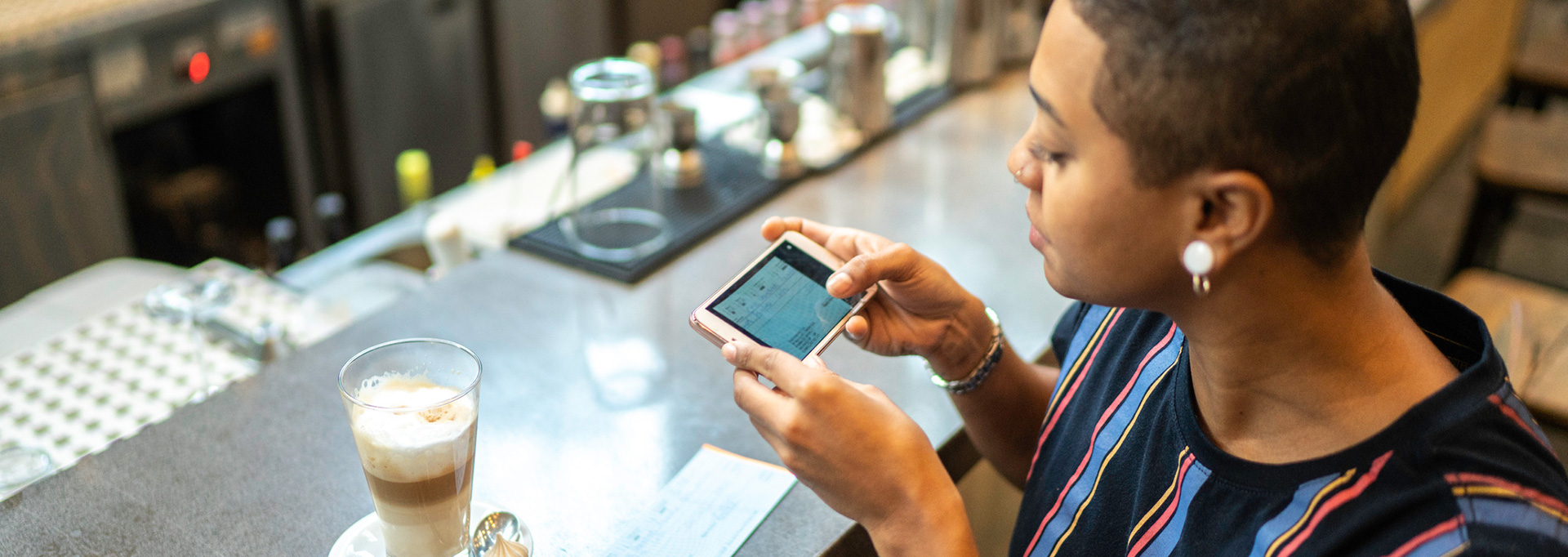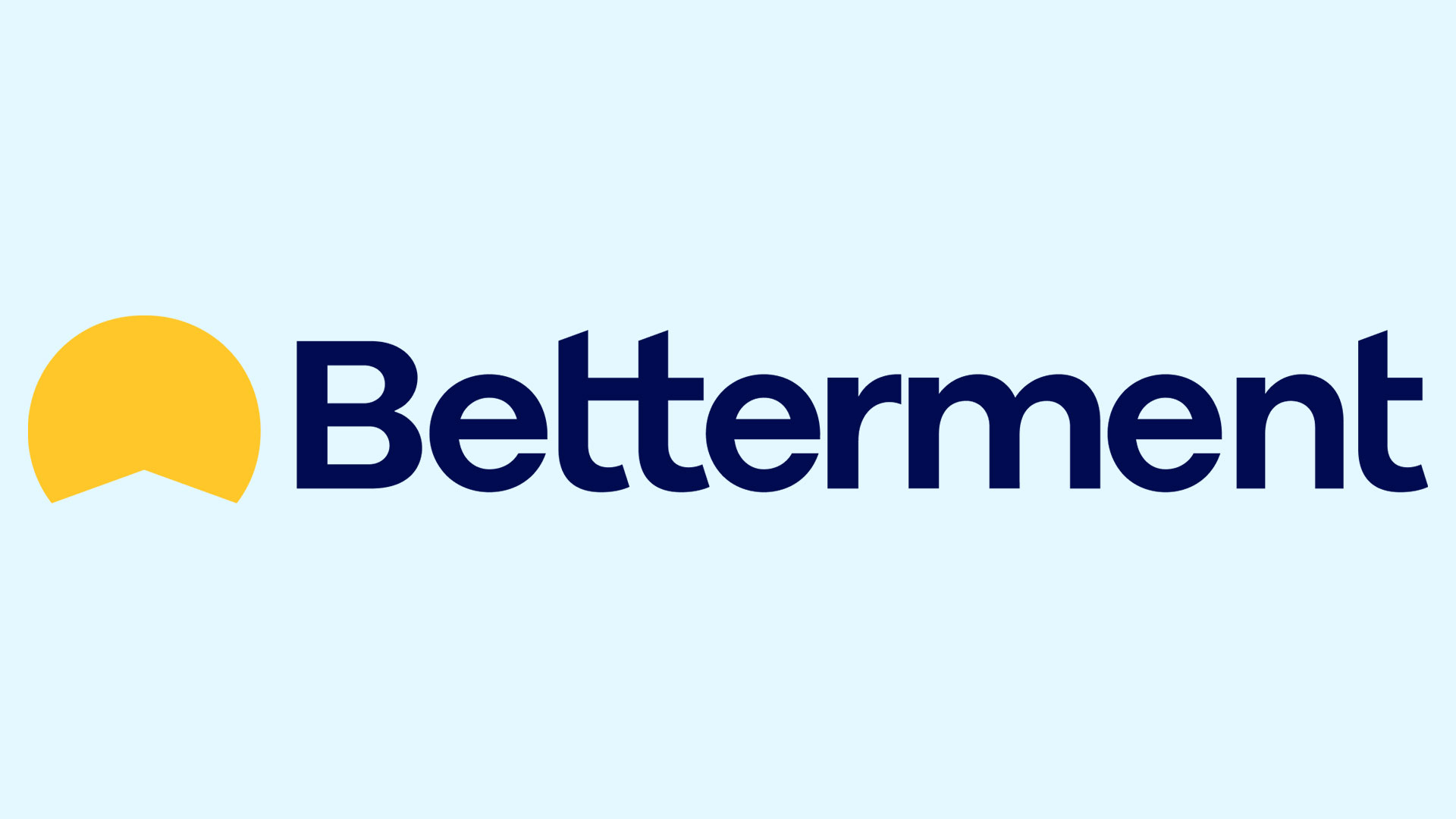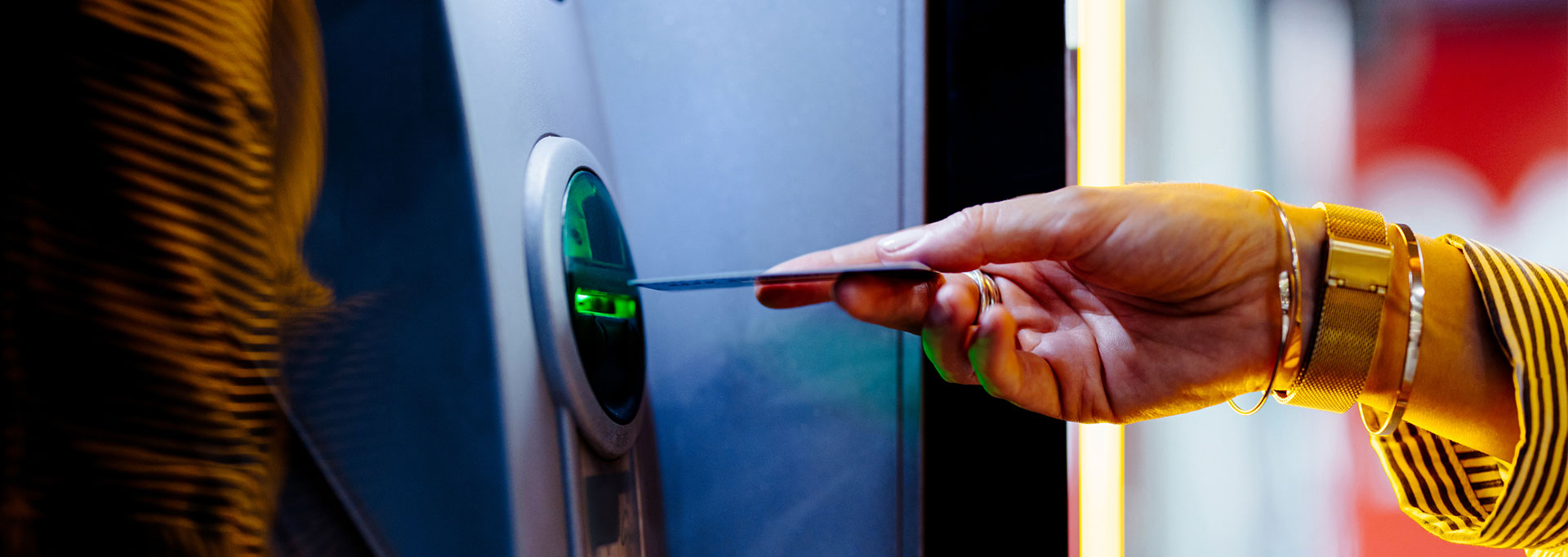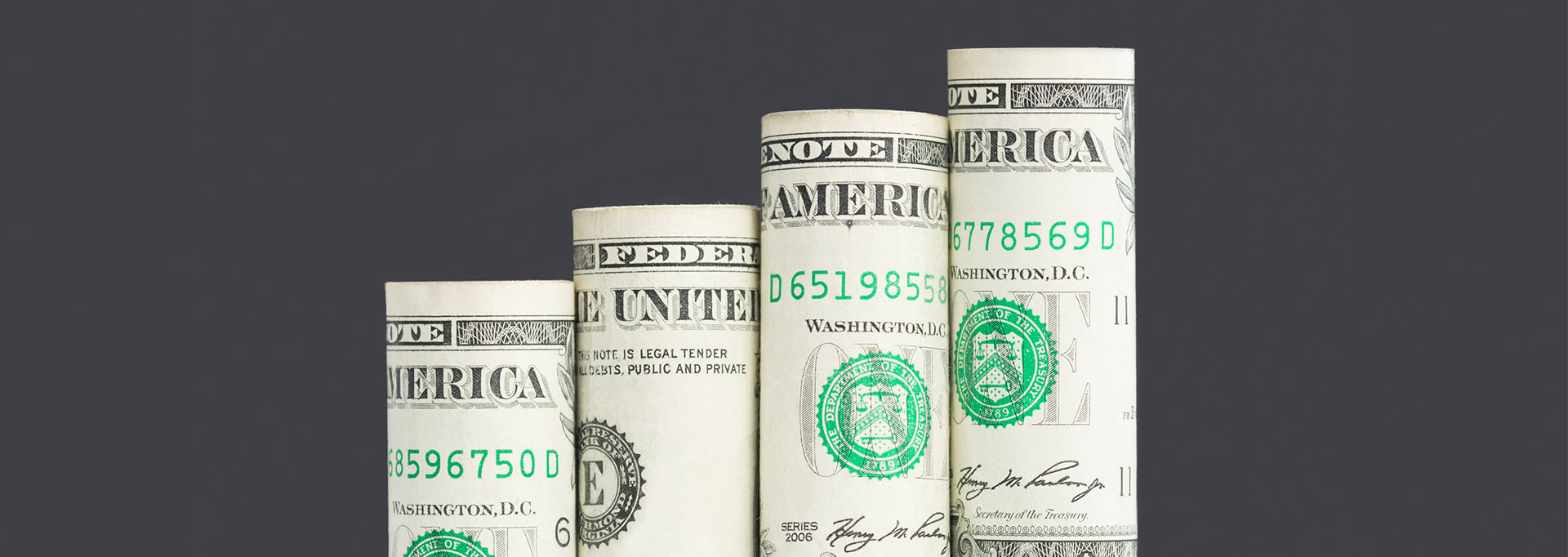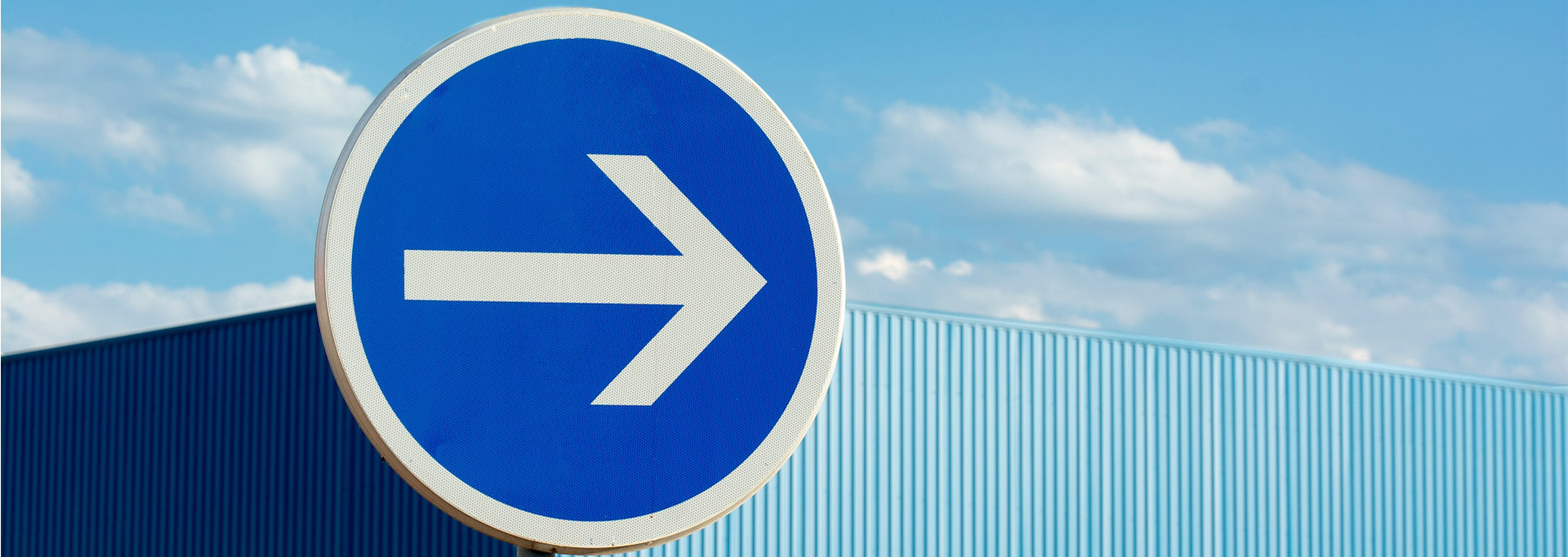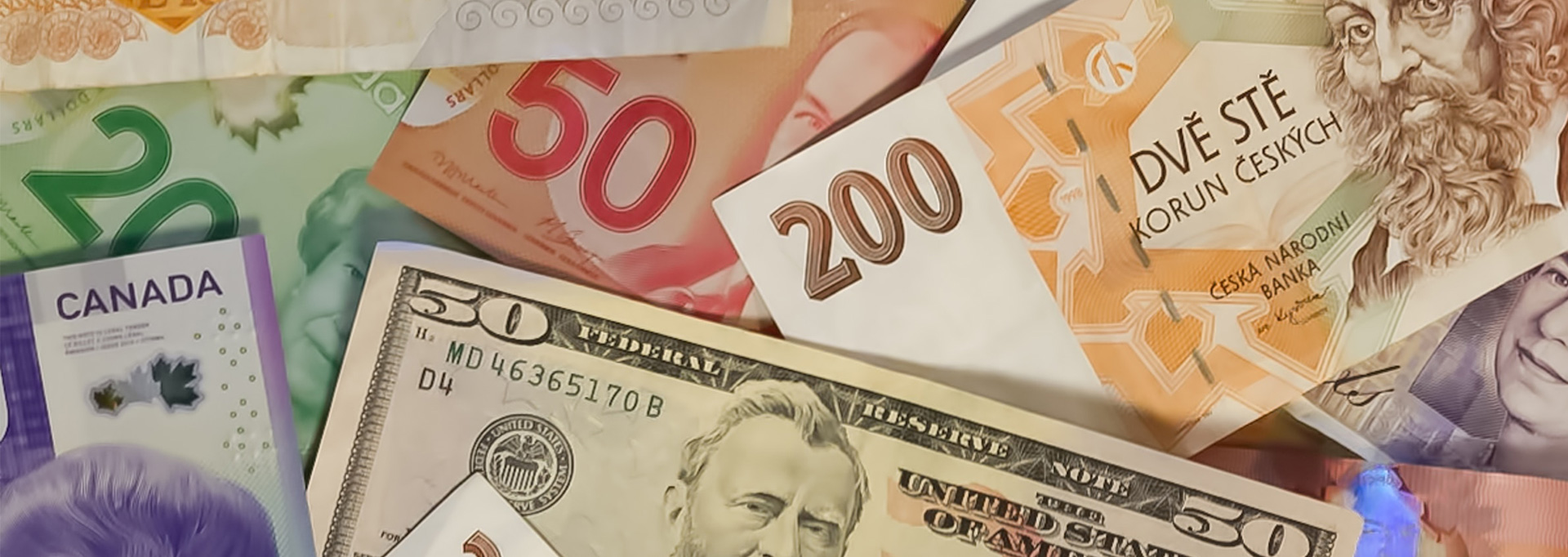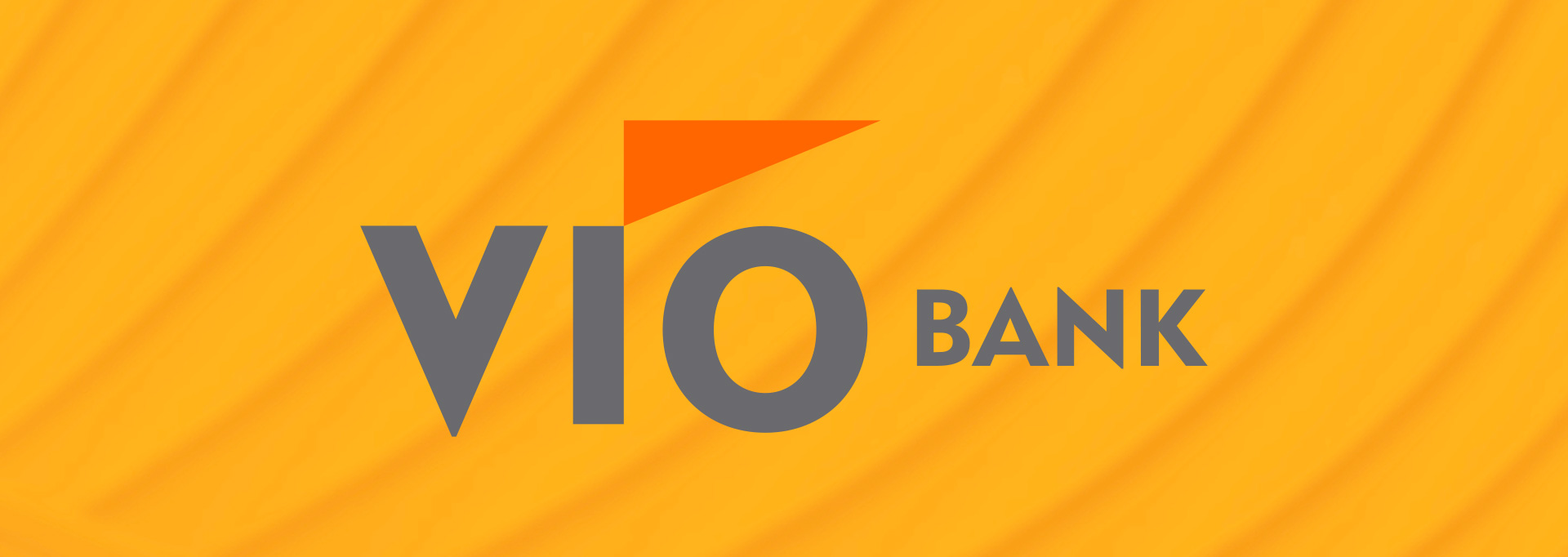Most products on this page are from partners who may compensate us. This may influence which products we write about and where and how they appear on the page. However, opinions expressed here are the author's alone, not those of any bank, credit card issuer, airline or hotel chain.
Banking has changed drastically over the last few decades, with many modern banking practices migrating to the virtual world. Depositing cash, opening a savings account or transferring money across accounts online is easier now than ever. From the comfort of home or on the go, the average person can now access a wider range of banking products, services and interest rates. Plus, security is always evolving to create safer methods of managing accounts and processing transactions.
If you're looking for alternatives to traditional big banks or conventional savings and checking accounts, read on to learn about some modern alternatives to traditional banking.
1. Online-Only Banks

These banks operate solely online, without any physical brick-and-mortar branches. Often, opening an online savings account just requires sending a few digital documents for identity verification. The process to set up a basic checking or savings account at an online bank is usually quick and simple.

Best Online Banks of 2024
Most online banks offer an app to make mobile banking convenient and easy. Once your account is set up, any documents like checks and debit cards are mailed out. Convenience and security are paramount for these mobile-first banking services, so you'll likely encounter two-factor authentication or other strict security settings to access sensitive account information.
Check out the best online banks to compare offerings and features to find the right bank for you.
2. Credit Unions
Credit unions are financial institutions that are focused on the community. They're typically nonprofit organizations, provide core banking services and prioritize customer service. The big difference from regular banks is that all depositors are considered owners of the credit union and have a vote when it comes to electing the board of directors. Some similarities to traditional banks include the types of accounts offered, the fiduciary services provided and the federally insured deposit protections.
Quick Tip
Federally insured credit unions are part of the National Credit Union Administration, which insures deposits up to $250,000, similar to how FDIC insurance works for most banks. It’s worth checking if a credit union has this insurance before you park your funds there.
Credit unions sometimes offer higher interest rates on savings accounts and certificates of deposit than what you'll find at traditional banks—though the best high-yield savings accounts are likely to beat both of these by a mile. Plus, credit unions are known to lend with lower interest rates than large banks. These two factors make credit unions attractive to those looking for an alternative to big banks.
Many credit unions also have robust online services, and some are even online-only. You no longer have to live in the neighborhood, town, city, or even the state to access their services. However, you do need to meet certain requirements to become a member, which vary by credit union.
3. Online Payment Apps
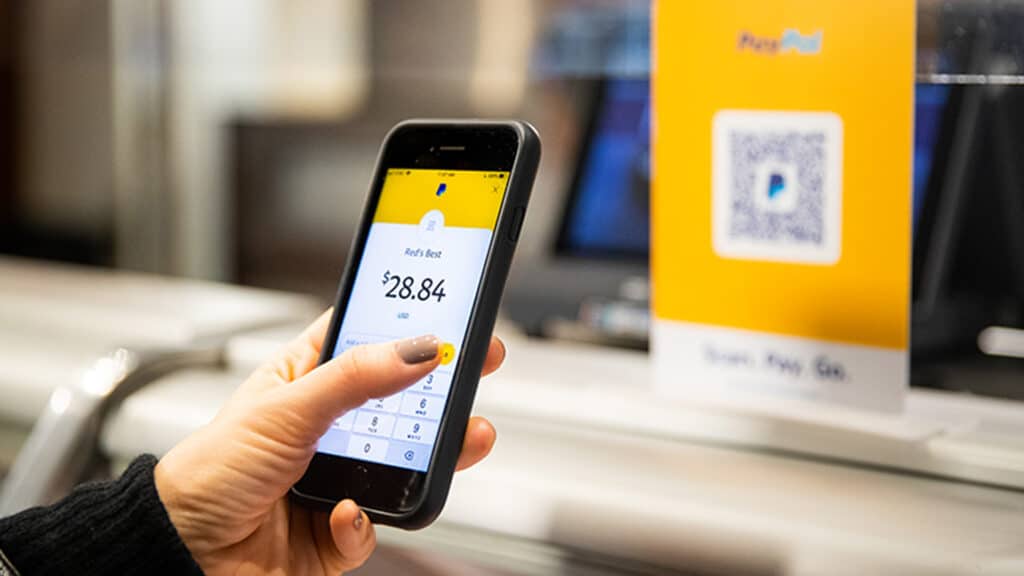
Online payment systems have become a mainstay, not just in e-commerce, but also in brick-and-mortar establishments and even in your digital wallet. With an online payment provider, you get an account that holds money you've received or sent directly from someone else. You can then use your balance to make payments anywhere that accepts transactions from that company.
One advantage of online payment systems is that you don't need to whip out a card or enter any information to make a purchase. All you have to do is log in to your account and make the payment using the mobile app.
Here are a few of the most popular payment apps:
- PayPal: PayPal is one of the most well-known online payment solutions, which is one of its advantages. It's is accepted by a wide variety of retailers and e-commerce sites. In addition, PayPal produces a wide range of reports, savings opportunities, and financial tools to help you analyze your finances and plan for the future.
- Venmo: Venmo gained popularity over the years as a useful, convenient way to share money between friends and relatives. It focuses on making it easy to pay people within your circle, whether you owe them money, need to split a restaurant bill, pay the rent or exchange funds for other reasons. With direct deposit and an optional debit card, Venmo is a viable payment tool.
- Cash App. Cash App lets users quickly and easily send money using the mobile app. Users also have the freedom to file their taxes from within the app, which could be another significant time-saver.
4. Brokerage Accounts
A personal brokerage account provides investors with an easy way to make and manage investments and trade stocks. Not only can users make trades and establish an investment portfolio, but they may also have access to a linked debit card to use with the account, making it a viable alternative to a traditional checking account.
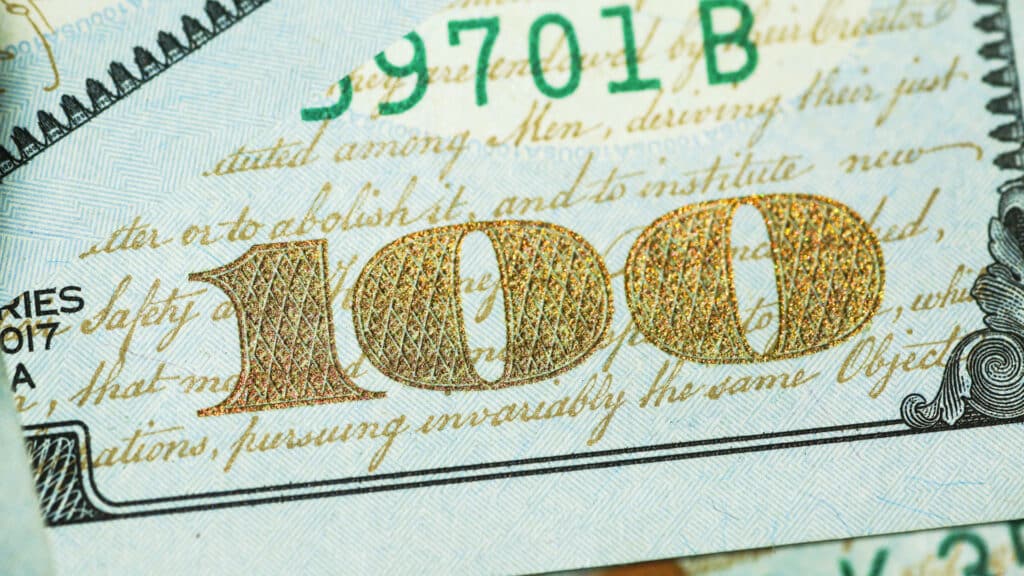
11 Ways to Invest $100 for Beginners (and Grow It to 6 Figures)
Online brokerage platforms such as Stash and Robinhood, for example, have emerged as popular platforms for investors to manage cash and investments. There are also many large and well-established brokerages to choose from, which may allow transfers of money between accounts within the same bank or across external banks. This gives users the flexibility to fund trades and make withdrawals however they desire. Some brokerages also provide graphs and charts that help analyze one's investment history and overall portfolio performance.
5. Money Market Accounts
Money market accounts are similar to savings accounts in that the account holder deposits fund into the account and interest begins to accrue. Money market accounts typically insured by the FDIC and are known to pay slightly higher interest rates than traditional savings accounts while offering some limited checking account services.
The benefit of a money market account over a savings account is the ability to write checks and have a linked debit card, making it easier to access funds when you need to pay bills or make a large purchase. However, you may be charged a fee if you go over your monthly transfer limit and some accounts may require a minimum opening deposit or minimum balance to avoid a fee.
6. Money Market Mutual Funds

Even though the names are similar, money market mutual funds are not the same as money market deposit accounts. Money market mutual funds are investment vehicles that invest in assets and are developed and managed by an investment fund company, not a bank, so they are not insured by the FDIC. These are usually high-rated assets like government-backed assets, such as government or treasury bonds that offer relatively stable rates of return (although with any investment, nothing is guaranteed).
The objective of a money market mutual fund is to provide investors with a safer, low-risk, short-term investment option but there is no promise of a principal payout. They are typically used as a place to put money for a short time before it is moved to another investment vehicle as it can be relatively easy to withdraw money when it's needed.
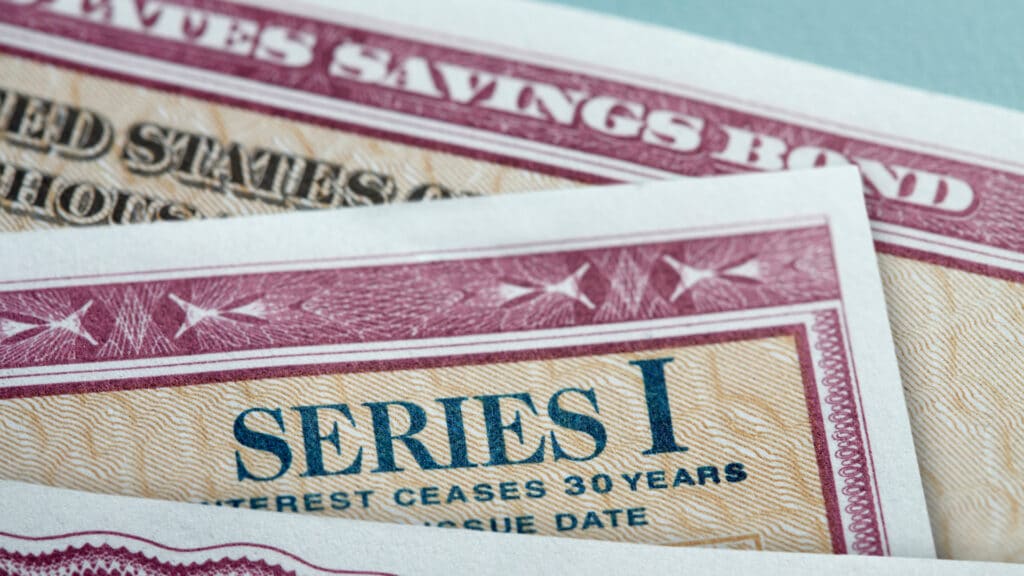
I Bonds Pros and Cons: Are They a Good Invesment in 2024?
7. Certificates of Deposit
For those looking to earn a higher interest rate than a regular savings account, a certificate of deposit (CD) may be something to consider. These investments involve depositing funds and keeping them invested for a defined period of time at a predetermined interest rate.
Each institution has its own time frames and rates, so it's worth shopping around for the best CD rates before you decide. Notably with CDs, however, is that if you have to withdraw your money before the term ends, there may be a penalty for early withdrawals.
Quick Tip
If a CD sounds like a good fit but you’re not sure about stashing your cash for a set term, check out the best no-penalty CDs, which offer options to pull your funds early without penalties (though there are usually a few rules to follow).
More Options and More Flexibility
Traditional ways of banking are slowly being replaced with more convenient options. Online banks, higher APYs, credit unions and payment apps are a few of the ways modern banking is evolving. Consider your personal financial situation, goals and comfort with technology as you search for the right solutions for your hard-earned cash.
Banking FAQs
-
Deposit accounts at many online banks are protected by the Federal Deposit Insurance Corporation (FDIC). To know for sure, check the FDIC lookup tool to search for a bank you're interested in.
Online banks also use encryption to keep your personal data out of the hands of hackers. Encryption turns your data into unreadable text that can't be decrypted by someone unless they have a secure digital key.
-
There is no limit to how many bank accounts you can have, but the right number for you depends on your financial needs and how many accounts you can realistically manage. Some people have separate accounts for things like saving for a house, storing an emergency fund or investing for retirement.
-
To choose the right bank for you, first know what you need based on features, service and products—and your own goals and lifestyle. Then you can make a checklist and compare what each bank offers against your personal requirements. Spend time comparing what different banks offer before you jump in.





